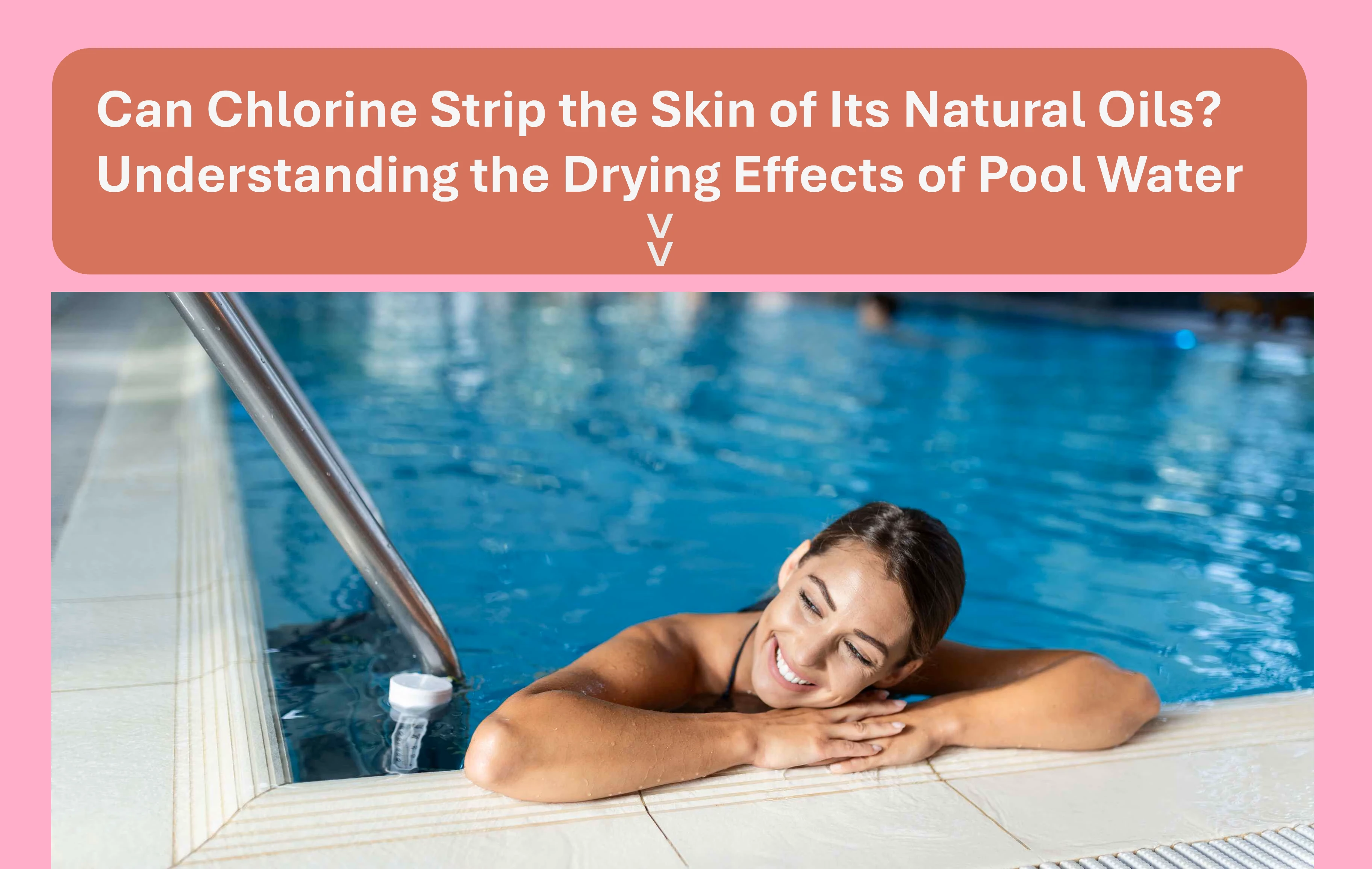Can Chlorine Strip the Skin of Its Natural Oils? Understanding the Drying Effects of Pool Water
Can Chlorine Strip the Skin of Its Natural Oils? Understanding the Drying Effects of Pool Water
Chlorine is widely used to disinfect pool water, keeping it safe from harmful bacteria and algae. However, while chlorine serves an essential purpose in public and private swimming pools, it can have unintended side effects on your skin. One of the most significant concerns is whether chlorine can strip the skin of its natural oils — and the answer is yes.
How Chlorine Affects the Skin’s Natural Barrier
The skin’s outermost layer, known as the stratum corneum, acts as a protective barrier. It is made up of dead skin cells and natural oils (sebum) that lock in moisture and shield against environmental irritants. Chlorine, being a strong chemical oxidizer, disrupts this delicate balance.
When you swim in chlorinated water, the chlorine breaks down the lipids (fats) that form part of your skin's natural moisturizing barrier. This lipid layer is essential for preventing water loss from the skin. Without it, the skin becomes dry, tight, and more prone to irritation. In people with already sensitive or dry skin conditions like eczema or psoriasis, chlorine exposure can exacerbate symptoms.
Signs Chlorine Is Stripping Your Skin’s Oils
Common signs that chlorine is affecting your skin include:
-
Dryness or flakiness after swimming
-
A tight, itchy feeling
-
Increased sensitivity or redness
-
Rough texture over time
-
Breakouts from overcompensating oil glands
These symptoms may become more noticeable with frequent or prolonged exposure to chlorinated water, especially without immediate aftercare.
Why Natural Oils Matter
Natural oils are not just for hydration — they also play a role in immune defense, maintaining the skin’s pH balance, and supporting the growth of beneficial microbes. When these oils are stripped away, the skin becomes more vulnerable to environmental stressors, including UV rays, allergens, and pollutants.
Tips to Protect Your Skin from Chlorine Damage
Fortunately, there are ways to minimize the impact of chlorine on your skin:
-
Apply a barrier cream or oil (like coconut or jojoba oil) before swimming to create a protective layer.
-
Shower before and after swimming to reduce chlorine absorption and rinse off any residues.
-
Moisturize immediately after swimming using a rich, hydrating lotion or cream to replenish lost oils.
-
Use gentle, pH-balanced cleansers instead of harsh soaps to avoid further stripping.
-
Limit time in chlorinated water and consider swimming in saltwater pools or using pool alternatives when possible.
Conclusion
Yes, chlorine can strip the skin of its natural oils, leading to dryness, irritation, and long-term damage if not managed properly. Being aware of this effect and taking preventive steps can help maintain your skin’s health and resilience, allowing you to enjoy the pool without compromising your skin’s protective barrier.

Related Blog
What Causes Oily Skin and Can It Be Managed Naturally? Exploring Root Causes and Gentle Solutions
Aug 2, 2025 by Admin
General
What Are the Signs That You Have Sensitive Skin? Key Symptoms to Help You Identify This Delicate Skin Type
Aug 1, 2025 by Admin
General